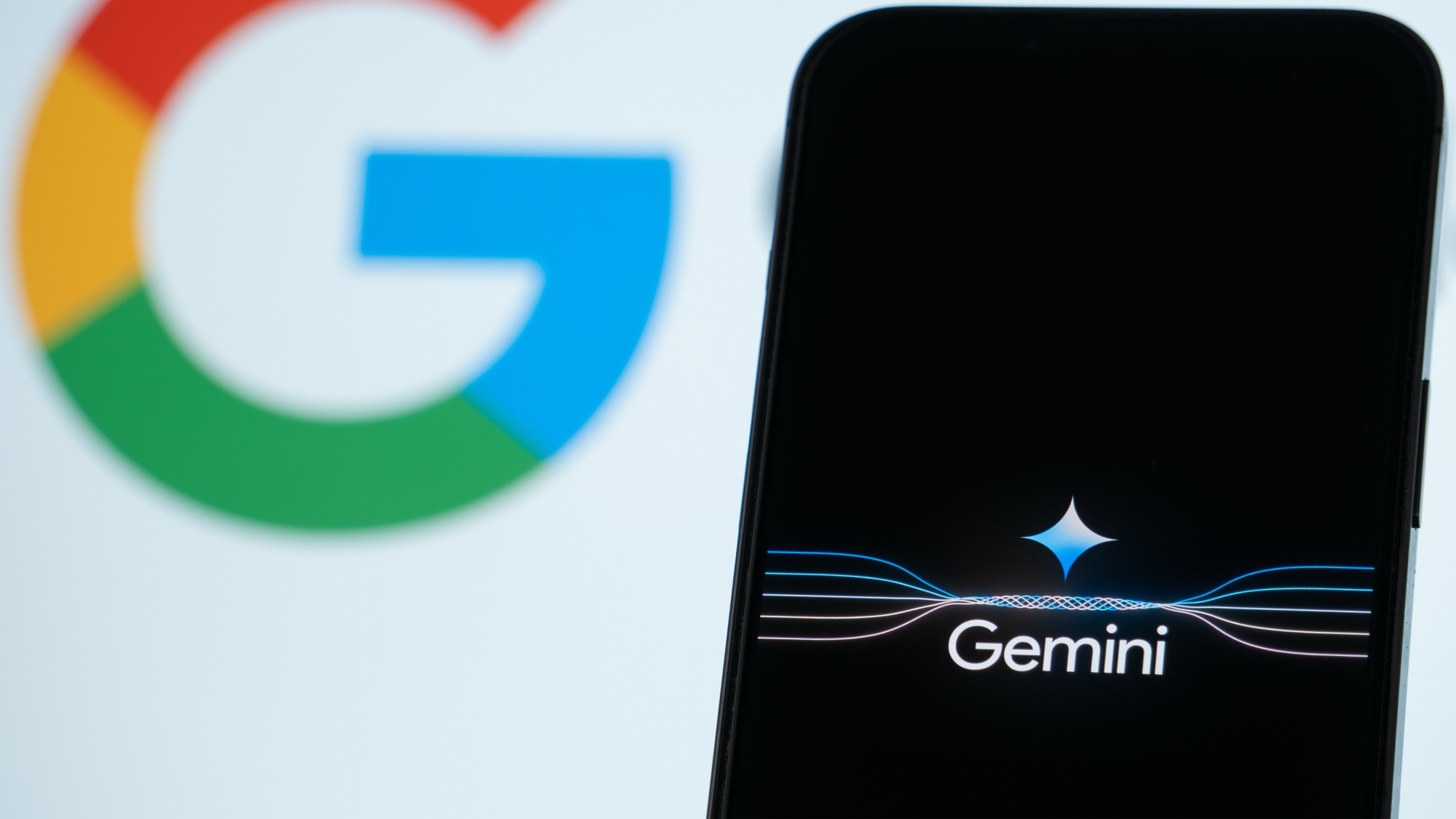Google reveals Project Mariner — a new browser agent that can automate your digital life
Your web browser will soon be smarter than you

In true holiday spirit, Google has joined the throng of AI announcements leading up to the end of the year with the unveiling of its new agentic web AI product, Project Mariner — built on the powerful Gemini 2.0.
This experimental Chrome extension works in the sidebar of the browser to autonomously navigate, search and conduct actions for the user. Interested users can sign up for early viewing at the Project Mariner website, although access is currently limited to the U.S. only.
The product has been developed by Google’s DeepMind AI team, and follows hard on the launch of the multimodal Gemini 2.0 model, also released this week. It also comes as Google updates Gemini's Project Astra.
On the surface, the new product looks very similar to Anthropic Claude’s Computer Use feature, which was released a while ago. However, a crucial difference between the two is the fact that the Google tool includes reasoning as part of its process, which takes agentic AI to a whole new level.
How does Project Mariner work?
Not only can Mariner manipulate the user’s browser to click links and understand what it’s seeing, but it has the ability to do this across multiple websites, whilst at the same time showing the reasoning behind the actions it’s taking.
The product also has the ability to handle multi-modal manipulation, including video and audio as part of its underlying technology.
In typical Google fashion Project Mariner has been released to a small group of test users on a very tight leash, as the company evaluates use cases and irons out any potential bugs.
Sign up to get the BEST of Tom's Guide direct to your inbox.
Get instant access to breaking news, the hottest reviews, great deals and helpful tips.
“We’re working with trusted testers to make it faster and smoother, and it’s so important to keep a human in the loop,” says Google product manager Jaclyn Konzelmann.
One launch demo video shows the user accessing a spreadsheet full of company names, asking Mariner to locate contact details for each company to add to an outreach list.
The agent successfully navigates several websites, identifying the company name and contact details, and delivers exactly what was requested with no user intervention. It’s very slick, and an impressive demonstration of the power of the new Gemini 2.0 model.
As we predicted earlier this year, it looks as though the next several months will indeed see the launch of a raft of agentic AI products from around the world.
Of course, all of this technology is still in the very early stages, and it remains to be seen exactly how useful these tools will be for businesses and individuals in day-to-day situations. In the meantime, further information can be obtained from the Google project website directly.
More from Tom's Guide
- OpenAI announces '12 days of OpenAI' with a new product or model every day
- I just saw the future of gaming — Google's Genie 2 can turn text into a playable game in real-time
- ElevenLabs drops new conversational AI — it’s as natural as chatting to a human

Nigel Powell is an author, columnist, and consultant with over 30 years of experience in the technology industry. He produced the weekly Don't Panic technology column in the Sunday Times newspaper for 16 years and is the author of the Sunday Times book of Computer Answers, published by Harper Collins. He has been a technology pundit on Sky Television's Global Village program and a regular contributor to BBC Radio Five's Men's Hour.
He has an Honours degree in law (LLB) and a Master's Degree in Business Administration (MBA), and his work has made him an expert in all things software, AI, security, privacy, mobile, and other tech innovations. Nigel currently lives in West London and enjoys spending time meditating and listening to music.











